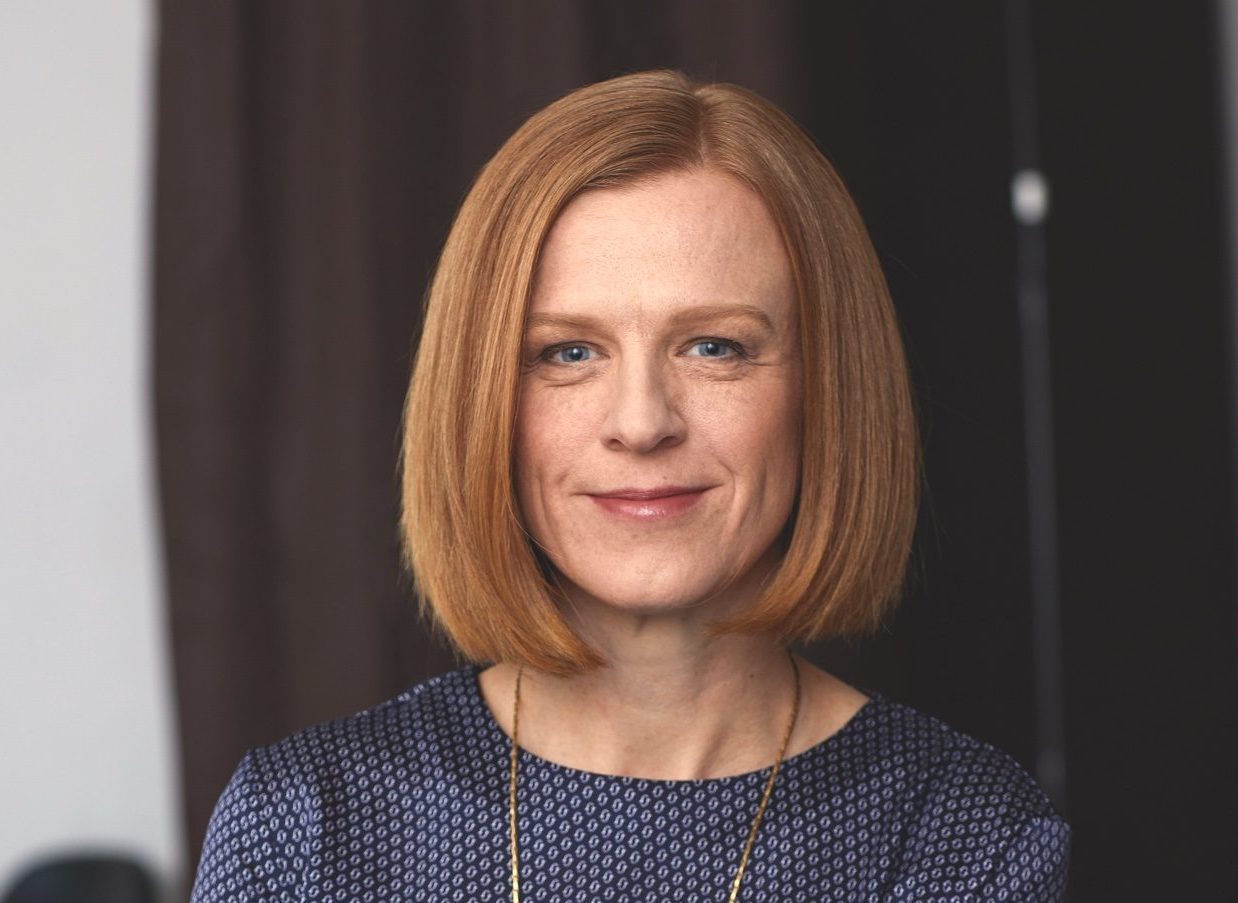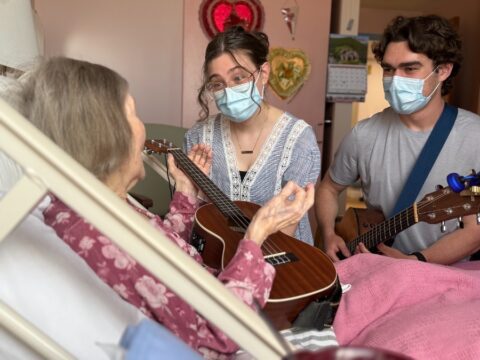I have been reading a lot of Indigenous writing lately. Fiction, non-fiction, journalism and poetry. The more I read, the more I realize how little I know. Learning our country’s history has been uncomfortable and even startling.
One book I read is Listening to Indigenous Voices: A Dialogue Guide on Justice and Right Relationships. It’s framed as a guide for discussion groups, but I savoured it alone last July, on the dock at our family cottage in Quebec.
One page in particular jumped out: a map of Canada showing areas covered by treaties and those that remain unceded. My eyes zeroed in on the spot where I sat: no question, it was unceded. Large swaths of Quebec, British Columbia, and Newfoundland and Labrador are on unceded territory. Some also consider Nova Scotia unceded, since the treaties covering that land did not involve surrendering territorial rights.
It gave me pause to consider that the land where I go to unwind, swim, build campfires and connect with family was stolen. Hundreds of years ago, colonizers grabbed this land for themselves and for their descendants. For people like me.
Maya Angelou said, “Do the best you can until you know better. Then when you know better, do better.” But what to do? Acknowledge it? Leave? Give it back? Is it even possible to undo centuries of colonization?
More on Broadview:
- 4 Indigenous education courses to help fill in your knowledge gaps
- Want to reach out to an Indigenous scholar? Here are 10 things to consider
- 3 organizations tackling food insecurity in Indigenous communities
My search for insight led me to an episode of CBC Radio’s The Doc Project called “Whose Condo Is It, Anyway?” In it, Craig Desson, a CBC producer, buys a condo in Montreal, realizes it (and the whole city) is on unceded land and sets out to answer the question of whether he can legitimately call himself a property owner. He traces the site of his condo through the previous property owners — all the way back to 1534, when Jacques Cartier planted a cross at the Gaspé Peninsula, claiming the land for France under the Doctrine of Discovery.
Desson goes on to speak with Serge Otsi Simon, then grand chief of the Mohawk Council of Kanesatake, home of the Kanien’kehá:ka Nation. They’re part of the Haudenosaunee Confederacy, whose territory includes southern Quebec, eastern Ontario, Upstate New York and Vermont. Simon tells Desson his condo ownership is “artificial title” and that courts have ruled that the Aboriginal title to the land exists and “cannot be extinguished.”
He also says that the responsibility for this situation doesn’t lie with individual property owners, but with government leaders. Simon adds: “We’re not there to displace you. We’re not going to be as cruel to your people as you were to mine.…Aboriginal title is not something to fear. It’s a certain context that we can all work towards peace and finally an equitable justice for both societies.”
Simon’s words may take some weight off individuals’ shoulders, but they also call those of us who are settlers to learn our shared history and to understand how we wound up in this situation. Maybe you’ve already begun this work. Or maybe you’ll find your start with our feature “Reconciliation 101.” As settlers, let’s lean in to the startling discomfort that often comes with listening to Indigenous voices and use that energy to propel our work toward justice for all.
***
Jocelyn Bell is the editor/publisher of Broadview.
A version of this editorial first appeared in Broadview’s January/February 2022 issue with the title “Essential lessons.” This version was updated on 02/08/2022 to note that some consider Nova Scotia unceded territory.
















Cottage on unceded land. Most cottages are on either unceded land or land that we have simply appropriated. The whole grand River is an eg. as Indigenous people were to have the land 6 miles back from the river. The land that my Grandfather’s cottage was on must have originally belonged to an Indigenous tribe; question is how did the original cottage builder come by ownership??. Friends had a cottage on a Reservation outside Parry Sound. Indigenous ownership was unquestioned; then the tribe decided to up the fees for use of the land horrendously; thus driving the “white” owners off the properties.
HOW do you correct abuses re ownership & use that go back an eternity & involve land settled for a long time by other than Indigenous people. The farms & cities along the Grand River are a clear eg. of that question.
Stan,
Your words are good thoughts.
The whole issue of “land rights” is stoking a fire, and the destruction is going to be great.
Unfortunately there is no forgiveness in this issue, as long as this happens we will not move on as a people.
Our “western society” (including the indigenous) is self centred and full of greed and envy.
One may say it is easier for a “white man” to say, but we do need to move on.
All of Nova Scotia is unceded Mi’kmaq territory. I would love to see this article updated to reflect that in the list of Canadian provinces with unceded territory.